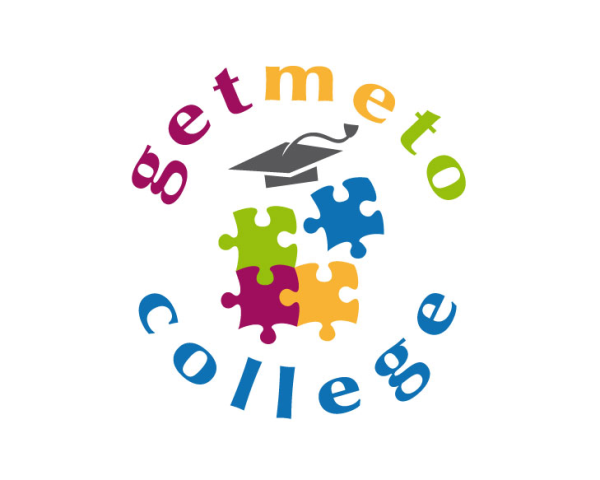10 Tips for Brainstorming Great Personal Statement Topics
Rebecca Joseph, Ph.D. started a great website called Get Me To College. The material that Dr. Joseph and her colleagues post on this website is too good not to share with our readers. Whether you are applying to a college as a freshman or transfer student, your personal statement is an important piece of your college application.

10 Tips for Brainstorming Great Personal Statement Topics
Here are some creative ways to help get started with writing active, engaging essays that truly communicate your stories to admissions officers.
- Write your resume. Include everything you can from community college. Categorize your activities, community service, work, internships, athletics, arts, and more. Include descriptions of your leadership and initiative. Maybe in writing the resume, you will remember some key event or story that will turn into a great application essay.
- Start first with three short activity paragraphs. In writing them, make them as interesting and exciting as possible. Start with a story. Keep them to 1000 characters. Maybe one of these can turn into a long. Shorts are easier to throw away than longs and very useful for the Common Application and supplemental essays. None will ever go to waste.
- Make a culture bag to help think of your unique stories. Bring in artifacts of your ethnicity, gender, nationality, school, community, major activities, religion, and goals for future. These may spark a story, quality or way to connect your experiences to your culture and community.
- Write a list of your most quirky features. I love Stanford and Harvard’s supplemental Letter to Your Future Roommate. These letters are often so much more interesting than the other essays. Makshya wrote about her fetish for making lists and provided her list. Every item from her list could turn into a great essay starter. Samples from her list include: “I have the ability to create and develop different fonts in my handwriting” and “One of my favorite words is “ubuntu,” which means humanity in Xhosa.” Start with a list of what makes you, you. Make that will spark an essay topic.
- Look at sample essays posted on actual college websites. Connecticut College offers great samples as does Carleton College. Johns Hopkins even provides admissions officers’ feedback after each sample essay. Reading these, you can see the huge range of topics. At least, you can see how they all begin with an amazing in the moment first paragraph. You can do the same.
- Read George Lyon’s “Where I’m From” Poem. Think of where you are from. Read the poem to get ideas to write your own and start an amazing essay. This may help with the fourth Common Application prompt.
- Read past and present supplemental essay topics from other colleges. The University of Chicago has great supplementary essay topics every year. A couple of years ago, one topic was: “It Isn’t Easy Being Green” by Kermit the Frog. That turned into a great long essay for several kids I know who never applied to U Chicago. This year’s topics are great as well. Go to https://collegeadmissions.uchicago.edu/apply/essays/ and read the topics. Tufts also has great prompts at http://admissions.tufts.edu/apply/essay-questions/. Perhaps one of these topics will spark an idea.
- Follow Dr. Joseph’s Into, Through, and Beyond Approach. With your INTO, grab us into the story with a moment in time. That moment must reveal a core quality. Then go into two levels of THROUGH. THROUGH 1 provides the immediate context of the INTO. THROUGH 2 provides the overall context. End with a BEYOND that is not sappy but powerful. Think of a metaphor that guides you and weave through your story and into your ending.
- Great, great essays can take us through an event and weave in core features. Do not feel confined by any rules other than to engage and stimulate the admissions officers to see you come to life before them. And yes, you must grammar edit your essays.
- Don’t be bound by five paragraph essays. Your story will guide the form of the essay. You can use dialogue, quotes, song lyrics, poetry. Let your story and message guide you.
Bonus Idea: Read what colleges recommend on their sites. University of California, Berkeley has great advice with a multi-tiered site: http://students.berkeley.edu/apa/personalstatement/index.htm The University of Michigan also helps with its tips for writing a great essay: http://www.admissions.umich.edu/drupal/essays/tips